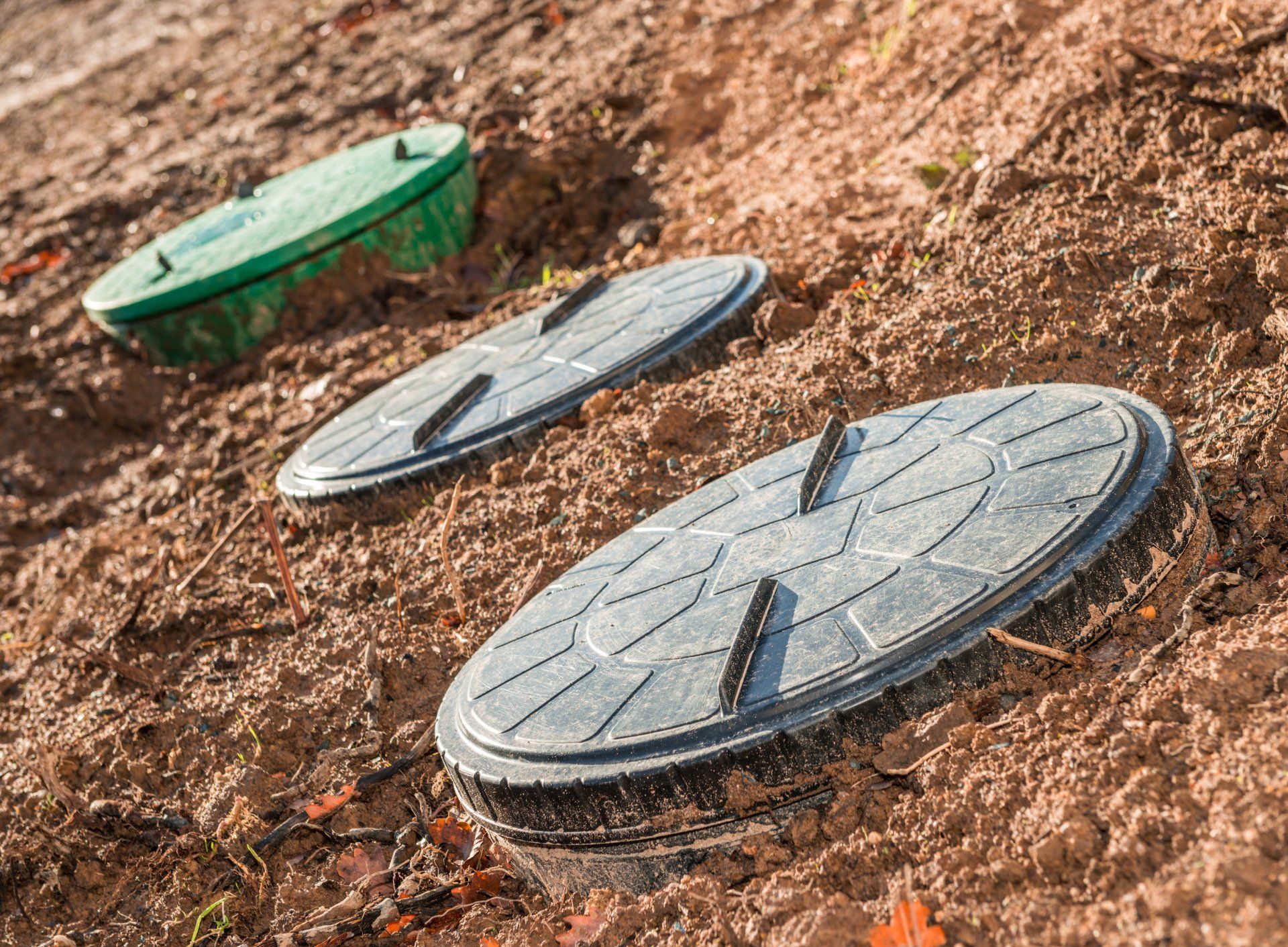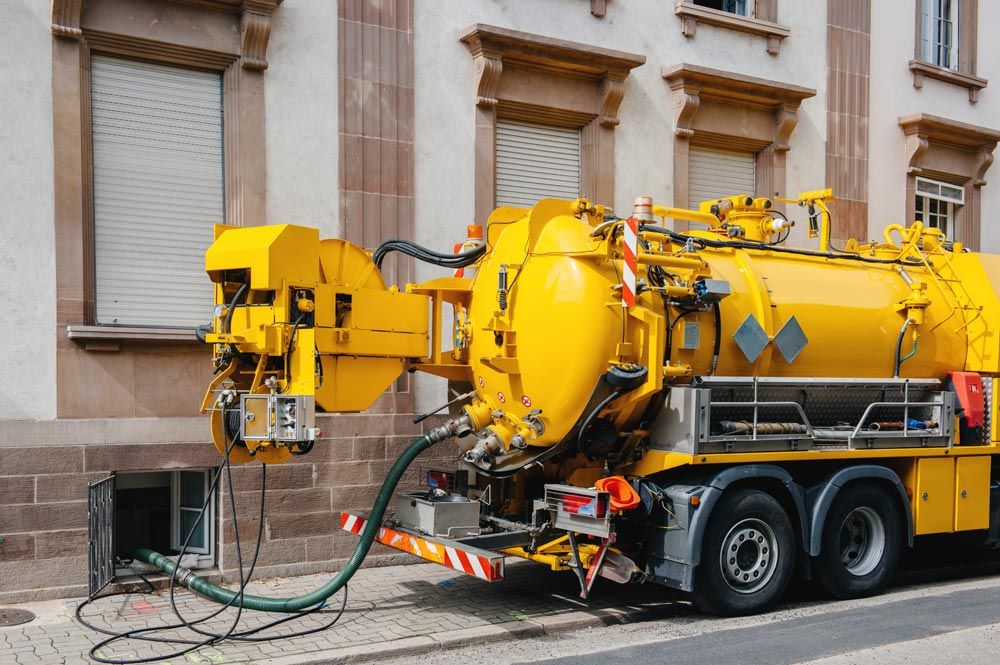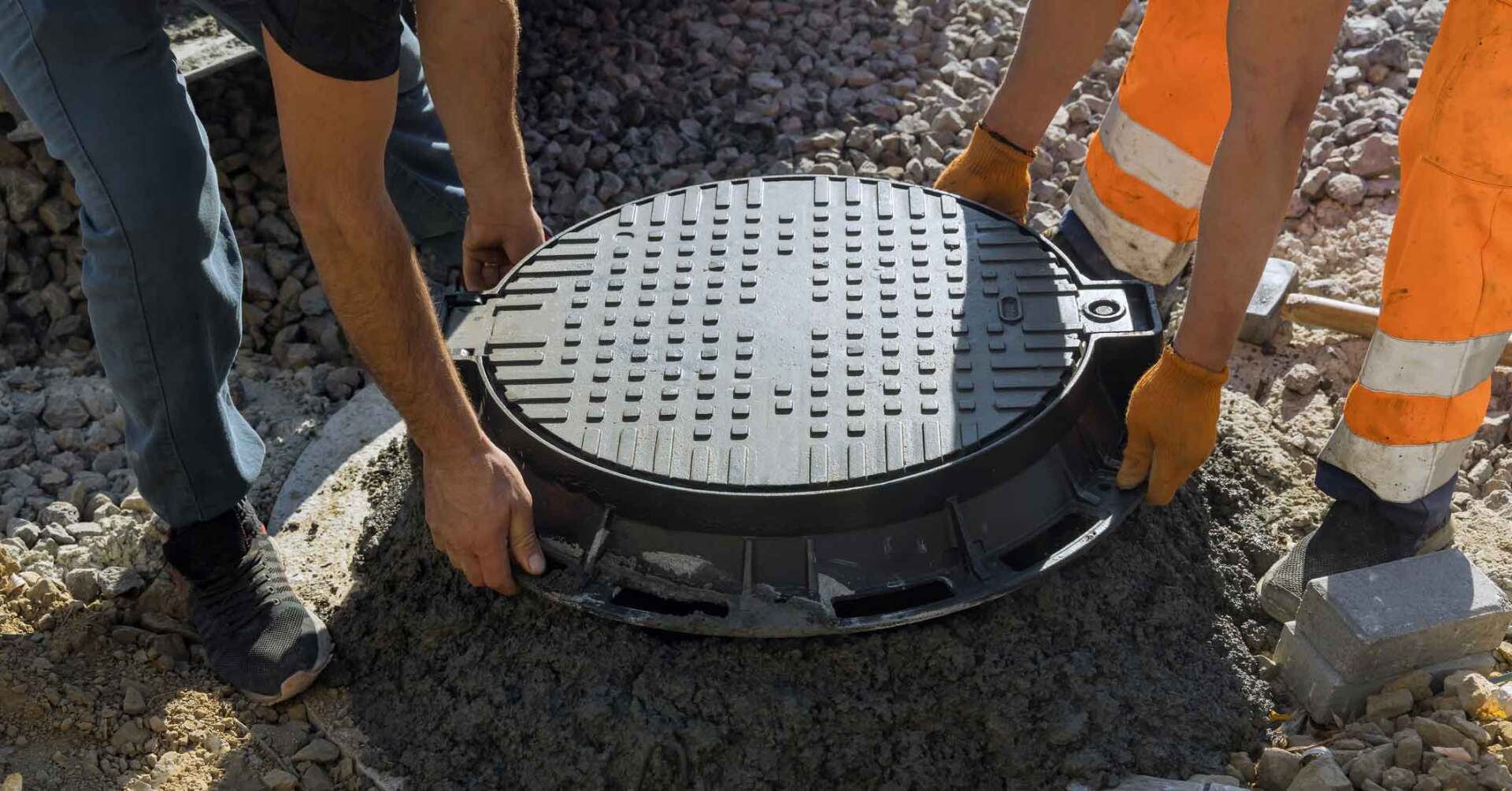5 Reasons to Replace Your Septic System

The average septic system lasts for 20 to 30 years, although some systems may have a longer usable life. Eventually, though, you will need to replace all or part of the septic system on your property. Knowing when to begin replacing system components is a must if you want to avoid sewage backups.
1. Septic System Capacity Needs Have Changed
Septic system capacities are typically determined by average water usage. If your household uses under 500 gallons of water daily, which is the amount used for the average one- to three-bedroom home, then a tank capacity between 900 and 1000 gallons is sufficient.
On the other end of the spectrum, a five-bedroom home will likely use closer to 900 gallons per day and require a 1500 gallon septic capacity. If renovations, an increase in family size, or higher water usage has occurred, then you may need to replace the tank with a larger model.
2. Water Testing Shows Contamination
Many homes on septic systems are also on well water, which means monitoring the water quality is vital. Even a municipal water source can become contaminated, though, if your septic system fails. If a water test of your well or tap water shows contamination from sewage, then you need to inspect your system for leaks. If the damage is extensive, install a new system.
Although home water testing kits are available, you will get more accurate results if you contract testing through a professional facility. This is a sound investment since the quality of the water can directly impact your family's health.
3. The Tank Has Developed Damage
A crack in the septic tank itself requires immediate replacement; otherwise, sewage will leach into the soil and make its way into groundwater. Signs of a leaking tank include greener grass over the tank and standing water that smells like sewage. One way to minimize the chances of a leak is to inspect the tank at least once every five years , although you may want to schedule more frequent inspections for older tanks.
In some cases, a damaged tank is repairable, especially if the problem is caught early in its development. Otherwise, the leaking tank will need immediate replacement to prevent more sewage from entering the ground.
4. Drainfield Failure Has Occurred
The drainfield is located downslope from the main tank, but it is still a vital part of the septic system. The microbial activity that starts in the tank is complete in the drainfield as the effluent percolates through the soil.
A drainfield should have no buildings nor trees. Further, you should avoid driving on it or doing any activity that can compress the soil. If the drainfield becomes damaged, raw sewage will begin to collect on the soil surface. Once this occurs, the drainfield will likely need replacing or even moving to a new location, which may require the replacement of the entire septic system.
5. The Main Effluent Lines Don't Work
The effluent or sewer lines route waste between your home and your tank, as well as the processed sewage from the tank to the drainfield. If the lines don't flow properly, they can begin to leak or, worse, damage the tank or drainfield.
Leaking lines can usually be replaced without the need to replace the entire system. Clogged lines, on the other hand, can blow out the entire system if they aren't promptly addressed. Leaks in the tank, valve damage, or drainfield failure are all possibilities. If your drains back up or if sewage odors have invaded your house, you need to inspect the system for clogs and damages.
Contact The Nibbler Company for more help with your septic issues.




